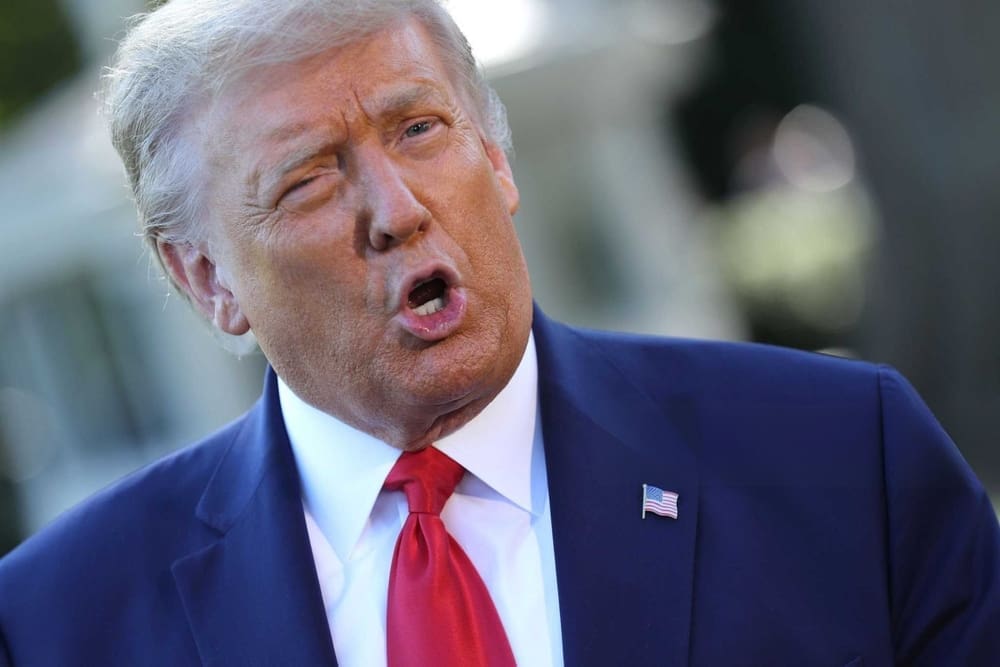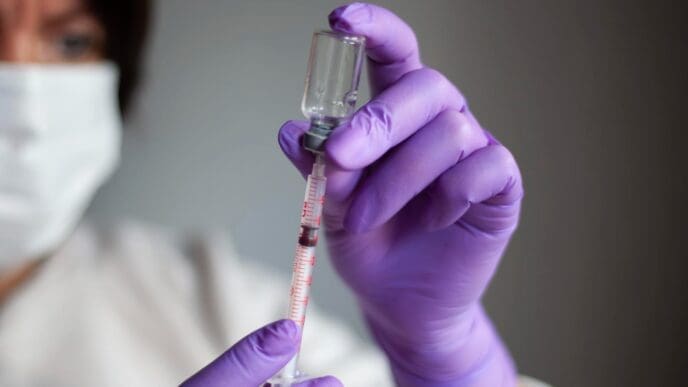Recent claims by Donald Trump suggesting that European food is less safe than American food have been strongly refuted by the European Union’s top food safety official. The EU’s stringent food safety standards are non-negotiable and cannot be leveraged in trade discussions, according to the European Food Safety Authority (EFSA).
In an attempt to justify now-suspended tariffs on agricultural products, the U.S. President alleged that imported food, including that from the European Union, poses safety risks to American consumers and fails to meet U.S. standards. Trump described these imports as potentially “uninspected” and “dirty,” asserting they harm American farmers.
Bernhard Url, Executive Director of EFSA, countered these assertions, emphasizing that EU food safety standards are among the highest globally. The EU ensures these standards through rigorous inspections, strict enforcement of food laws, and scientific oversight provided by EFSA. The agency, headquartered in Parma, coordinates a system that performs over five million official controls annually across member states.
Following Trump’s announcement of a 90-day tariff truce, the European Commission is preparing for challenging negotiations aimed at averting a broader trade conflict. Some U.S. policymakers hope Europe will agree to increased imports of American agricultural goods. However, food safety is anticipated to be a significant hurdle, with the EU expressing concerns over U.S. practices like the use of growth hormones in beef, insufficient GMO labeling, and the chlorine washing of poultry.
Url emphasized that the EU will not compromise on its food safety standards, asserting they are non-negotiable. He stated that while other trade issues might be open for discussion, food safety remains off the table.
The EU’s food policy adopts a precautionary approach, prioritizing long-term safety, in contrast to the more risk-tolerant and economically driven U.S. regulations. For example, animal welfare standards in U.S. factory farming often emphasize cost efficiency over welfare.
Url highlighted Europe’s robust food safety systems, citing the recent handling of avian influenza outbreaks as evidence. Despite facing denser animal populations and exposure to migratory birds carrying new virus strains, Europe has managed to control the situation effectively. Meanwhile, the U.S. is grappling with a growing bird flu outbreak affecting dairy herds across 17 states, with around 70 human cases reported.
Url also mentioned the effective containment of a 2025 foot-and-mouth disease resurgence in Germany, with ongoing management by veterinary authorities in Hungary and Slovakia. Austria is also preparing precautionary measures. EFSA provides scientific advice, while individual member states implement rapid responses through culling, protection zones, and surveillance.
Beyond Trump’s remarks, Url addressed misinformation concerning EU-approved foods, particularly novel foods like edible insects or lab-grown meat. He refuted media claims that the EU forces such products on consumers, clarifying that safety is ensured for market authorization, and consumer choice remains paramount.
Combating food-related misinformation is resource-intensive, requiring collaboration between EFSA, national governments, and the European Commission. Url emphasized the importance of countering misinformation by disseminating facts and data, acknowledging the challenge posed by social media, but highlighting the joint efforts to provide evidence-based information to the public.
Context and Clarity
The ongoing debate over food safety standards between the U.S. and the EU underscores the complexities of international trade negotiations. For consumers, this dialogue highlights the importance of understanding the origins and safety of imported food products. The EU’s commitment to maintaining its high standards provides reassurance to European consumers about the safety and quality of their food supply.
For American consumers, this debate may raise awareness about the differences in food safety practices between the U.S. and EU. It underscores the need for informed choices when selecting food products, particularly those imported from regions with varying regulatory standards. As discussions continue, the impact on agricultural trade and consumer options remains a critical consideration for policymakers and stakeholders on both sides of the Atlantic.












